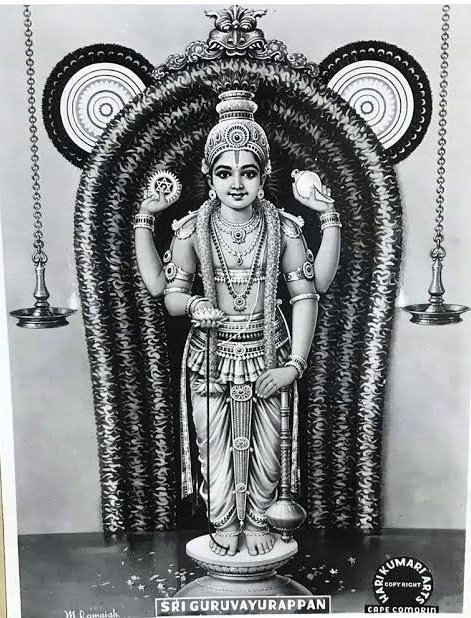More from Covid
I have family members all the way up the Fox News Facebook misinformation hole, and they didn’t get vaccinated because they felt respected; they got vaccinated because their children told them they wouldn’t get to see their grandchildren until they got vaccinated.
Vaccine resisters can\u2019t be persuaded if they feel disrespected | Opinion by @michaelbd https://t.co/nwszm47IOf
— National Review (@NRO) July 16, 2021
3 observations:
People don't tend to change their worldviews from a place of comfort.
When selfish assholes decide to behave like selfish assholes, the problem isn't that others aren't coddling their feelings enough.
Selfish assholes aren't everyone else's job to fix.
Selfish assholes would love for you to *think* they are everybody else's job to fix.
It puts them at the center and in control.
That means when they act like a selfish asshole, it's *your* fault. You should have been more persuasive. Daddy hits you because you made him angry.
Truth is, vaccine resistors are behaving this way because their feelings ARE being respected.
Malicious media entities created self-feeding networks that reassure selfish assholes they can be selfish assholes and still be respected.
Antvax, racist, sexist, all are welcome.
The way you make a selfish asshole stop being a selfish asshole is well known.
You draw a clear boundary and then you enforce that boundary. You tell them that their bullshit won't be tolerated, and then you don't tolerate their bullshit.
I think we all know that, actually.
You May Also Like
Like company moats, your personal moat should be a competitive advantage that is not only durable—it should also compound over time.
Characteristics of a personal moat below:
I'm increasingly interested in the idea of "personal moats" in the context of careers.
— Erik Torenberg (@eriktorenberg) November 22, 2018
Moats should be:
- Hard to learn and hard to do (but perhaps easier for you)
- Skills that are rare and valuable
- Legible
- Compounding over time
- Unique to your own talents & interests https://t.co/bB3k1YcH5b
2/ Like a company moat, you want to build career capital while you sleep.
As Andrew Chen noted:
People talk about \u201cpassive income\u201d a lot but not about \u201cpassive social capital\u201d or \u201cpassive networking\u201d or \u201cpassive knowledge gaining\u201d but that\u2019s what you can architect if you have a thing and it grows over time without intensive constant effort to sustain it
— Andrew Chen (@andrewchen) November 22, 2018
3/ You don’t want to build a competitive advantage that is fleeting or that will get commoditized
Things that might get commoditized over time (some longer than
Things that look like moats but likely aren\u2019t or may fade:
— Erik Torenberg (@eriktorenberg) November 22, 2018
- Proprietary networks
- Being something other than one of the best at any tournament style-game
- Many "awards"
- Twitter followers or general reach without "respect"
- Anything that depends on information asymmetry https://t.co/abjxesVIh9
4/ Before the arrival of recorded music, what used to be scarce was the actual music itself — required an in-person artist.
After recorded music, the music itself became abundant and what became scarce was curation, distribution, and self space.
5/ Similarly, in careers, what used to be (more) scarce were things like ideas, money, and exclusive relationships.
In the internet economy, what has become scarce are things like specific knowledge, rare & valuable skills, and great reputations.



















